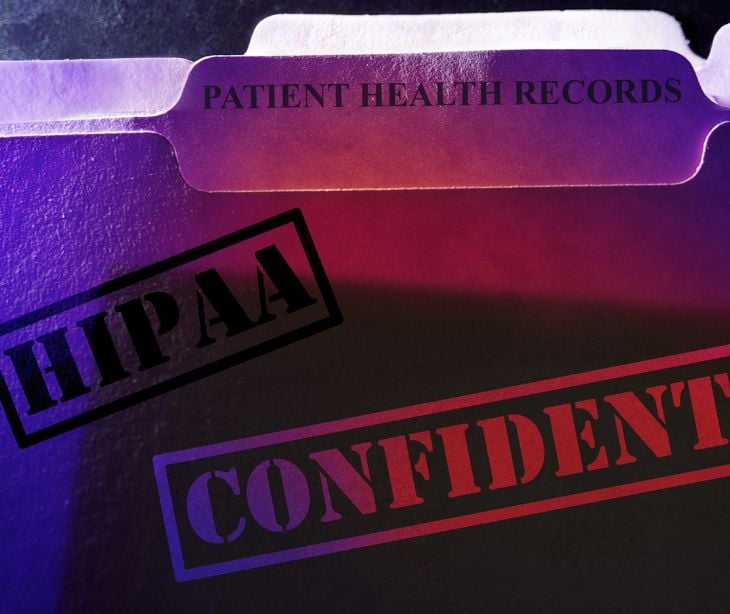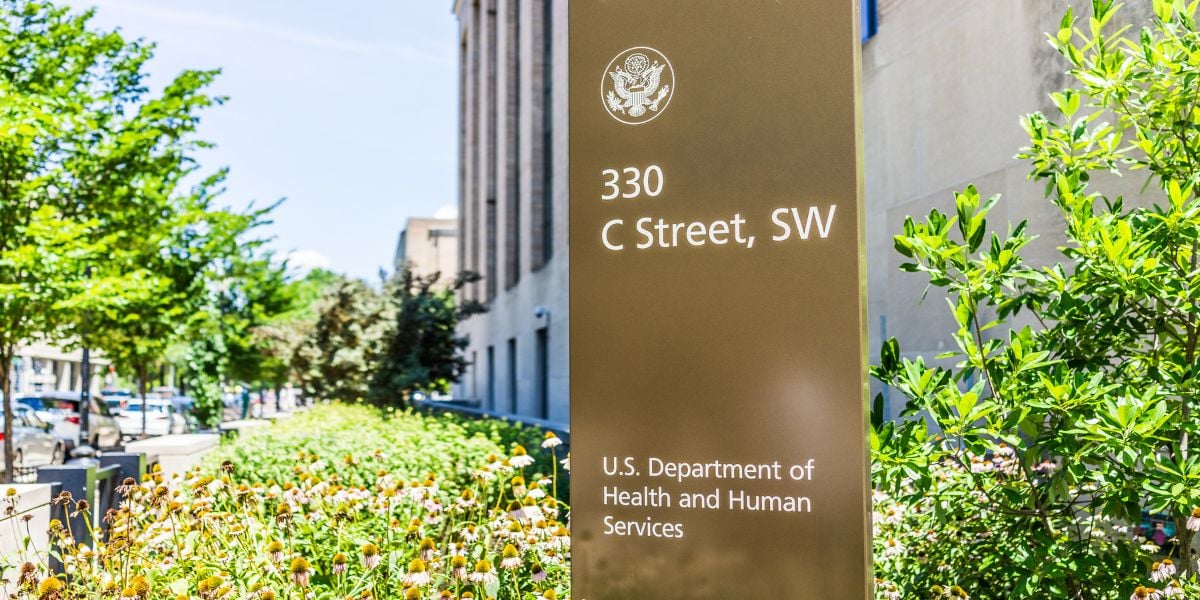
Breaching HIPAA regulations can lead to severe financial penalties, criminal charges, and reputational damage. The penalties for HIPAA breaches include civil monetary penalties ranging from $100 to $50,000 per violation, depending on the level of culpability. Criminal penalties can also be imposed for intentional violations, leading to fines and potential imprisonment.
What constitutes a HIPAA violation?
A HIPAA violation occurs when a covered entity or business associate fails to comply with the provisions of the HIPAA privacy, security, or breach notification rules. These violations can be intentional or unintentional and may involve various aspects of HIPAA regulations.
It is important to note that ignorance of HIPAA rules is not a valid defense for failing to comply. Covered entities and business associates are responsible for ensuring their employees understand and follow HIPAA regulations to prevent violations.
Go deeper:
Civil penalties for HIPAA violations
Civil monetary penalties are the most common form of punishment for HIPAA violations. The penalties vary based on the level of culpability and the severity of the violation. The Office for Civil Rights (OCR), the enforcement agency for HIPAA, determines the penalties based on several factors, including the duration and extent of the violation, the number of individuals affected, and the harm caused by the violation.
The penalties for HIPAA violations are categorized into four tiers:
Tier 1
Violations that the covered entity was unaware of and could not have reasonably avoided, with a minimum penalty of $100 per violation and a maximum penalty of $50,000 per violation.
Tier 2
Violations that the covered entity should have been aware of but could not have avoided even with reasonable care, with a minimum penalty of $1,000 per violation and a maximum penalty of $50,000 per violation.
Tier 3
Violations that occur due to willful neglect of HIPAA rules, but the entity takes corrective action, with a minimum penalty of $10,000 per violation and a maximum penalty of $50,000 per violation.
Tier 4
Violations that occur due to willful neglect of HIPAA rules, and no corrective action is taken within 30 days, with a minimum penalty of $50,000 per violation.
The penalties are adjusted annually to account for inflation and ensure their effectiveness as a deterrent. The exact penalty amount is determined based on the specific circumstances of each case. In addition to civil monetary penalties, covered entities may also be required to adopt a corrective action plan to address compliance deficiencies and bring policies and procedures up to HIPAA standards.
Read more: What is a HIPAA corrective action plan?
Criminal penalties for HIPAA violations
In cases of intentional or malicious HIPAA violations, criminal charges can be brought against the individuals responsible. The Department of Justice (DOJ) prosecutes criminal HIPAA violations. Criminal penalties are divided into three tiers, with the severity of the penalty depending on the intent and nature of the violation:
Tier 1
Violations committed without knowledge, with a maximum penalty of one year in prison.
Tier 2
Violations committed with reasonable cause, with a maximum penalty of five years in prison.
Tier 3
Violations committed with willful neglect, with a maximum penalty of ten years in prison.
State attorneys general enforcement
State attorneys general also have the authority to enforce HIPAA regulations and hold covered entities accountable for unauthorized use or disclosure of PHI. They can file civil actions with federal district courts and issue fines for HIPAA violations. The maximum penalty for a violation category per calendar year is $25,000, with a minimum fine of $100 per violation.
Consequences for covered entities
In addition to financial penalties, HIPAA violations can have severe consequences for covered entities. Violations can damage an organization's reputation, erode patient trust, and result in significant financial losses due to legal fees, settlements, and remediation efforts.
To avoid the consequences of HIPAA violations, covered entities should prioritize compliance and ensure that all employees receive proper training on HIPAA regulations. Implementing comprehensive security measures, conducting regular risk assessments, and responding promptly to any breaches or incidents can help prevent violations and protect patient privacy.
Subscribe to Paubox Weekly
Every Friday we'll bring you the most important news from Paubox. Our aim is to make you smarter, faster.





